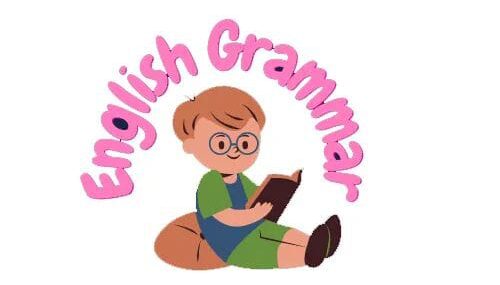Would have + Past Participle
Would have + Past Participle
means we had a desire to do something, but the action didn’t take place or couldn’t accomplish in the past.
Would have meaning in Past situations
Past indefinite/any past tense; otherwise, Subject + Would have + Past Participle + object.
Or
Subject + Would have + Past Participle, but simple past
I would have met you in a resort, but we changed our plan.
I applied brakes on time; otherwise, I would have met with an accident.
I would have lent you money, but I didn’t have a single penny to give you.
Water was not coming; otherwise, I would have taken a bath in the morning.
I didn’t have time. Otherwise, I would have gone to the market to buy vegetables.
I didn’t have money; otherwise, I would have thrown the party.
I was sleeping that time; otherwise, I would have gone to the pub with them.
I got stuck in the traffic; otherwise, I would have attended the meeting.
I didn’t study hard at exams; otherwise, I would have passed with good marks.
Why didn’t you call me back?
I didn’t have a balance on my mobile; otherwise, I would have called you.
I wasn’t able to access the website; otherwise, I would have sent you business mails.
Past unreal condition or past imagination:
If + past perfect, subject + Would have + Past Participle + object
If she had written an E-mail to me regarding holidays, I would have informed the authority.
If she had paid the bill, I would never have changed my thought.
If she had not provided me with food, I would have escaped from the human trafficking.
If he had not murdered him, I would have dealt with him.
If my brother had posted the letters, I would never have embarrassed in front of my relatives.
If I had worked on time, I would have been selected for the manager designation.
If I had not gone there, I would have been beaten by my friends.
If she had studied with the software, she would have had more time to crack the examinations.
Exercise:
choose suitable words and fill the exercise related to Would have + Past Participle.
- I…….. brakes on time; otherwise, I would….. met with an accident. (apply……. Have)
- I was……… that time otherwise I would have…… to pub with them. (go/gone……. sleep/sleeping)
- I didn’t…….. balance in my mobile otherwise I…….. called you. (have/had…….. would/would have)
- I……..in the traffic otherwise I would have…….. the meeting. (get stuck/got stuck…….. attend/attended)
- I didn’t…….. hard at the time of exams otherwise I would have……. with good marks. (studied/study……… pass/passed)
- If she…………. (write) a letter to me regarding his financial problem, I would have informed the CEO.
- If she……… the bill, I would never have……. my thought. (has paid/had paid……….. change/changed)
- If they………. previous week, I would never have…… for money. (had studying/had been facing financial problem……….. ask/asked)
- If the luck………. on me, I……………… successful. (has smiled/had smiled………. Would have been/would have)
- If I had…………, I would have………. that car. (had money/have money…………. Bought/buy)
You may also like:
Different Uses of Would – English Grammar (grammarsolution.com)
Use of Would in Grammar – English Grammar (grammarsolution.com)
